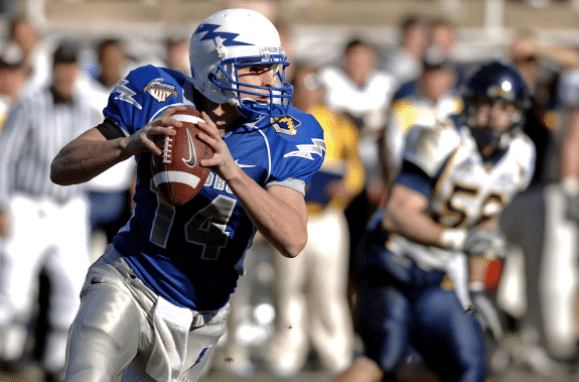Concussions are considered a “mild” brain injury. However, they have the potential to lead to serious, debilitating side effects in both the short and long term. This is especially true if an individual sustains multiple concussions. According to the Brain Injury Research Institute (BIRI), approximately 1.6 to 3.8 million concussions related to sports or recreation happen in the U.S. each year. Considering the frequency of sports-related concussions and the possible consequences associated with this type of head injury, it is critical for coaches, parents and athletes themselves to encourage head injury and concussion prevention in sports.
Concussion Prevention in Sports
Here are a few effective methods for concussion prevention in sports:
- – Parents of young athletes should ensure that their children have a properly fitting helmet. It should be designed for the specific sport being played. It should also be certified by the National Operating Committee on Standards for Athletic Equipment (NOCSAE).
- – Coaches and parents should teach kids who play contact sports such as football to use their shoulders when tackling or otherwise making contact with other players. Athletes should never lead with their head/helmet. Doing so can result in head injuries such as concussions.
- – Coaches should establish what constitutes unsafe play (attempting to injure another player, playing too aggressively, etc.). They should impose penalties for athletes who do not play safely.
- – Coaches should require that athletes who have sustained a hard blow to the head be immediately removed from the game and not allowed to return until cleared by a healthcare professional. To encourage athletes to be honest about possible concussion symptoms, team members should support their fellow players if they need to sit out. Coaches, players and parents should never make an athlete feel bad for missing a game due to a concussion.
Whether you’re an athlete, a team coach or the parent of a young athlete, doing your part to make concussion prevention in sports a priority will minimize the chances of you or someone you care about getting a concussion.
When Concussions Occur, Trust Dr. Gill for Expert Care
Even when one is careful to practice these tips for concussion prevention in sports, it’s unfortunately still possible to sustain this type of head injury. If you or someone you love is experiencing symptoms of a concussion, including nausea, vomiting, dizziness, headaches, blurry vision and/or sensitivity to light and sound, it’s time to meet with a concussion specialist. As an experienced, board-certified, fellowship-trained sports medicine physician, Dr. Timothy Gill is here to offer the concussion care you need.
Every Monday night, Dr. Gill holds a concussion clinic for patients who have recently sustained a concussion. Individuals who call on Mondays are guaranteed an appointment on the same day. Dr. Gill will also see concussion patients on other days of the week. If you’d like to learn more or schedule an appointment with Dr. Gill, call our office at 610-375-4949. We look forward to helping you get back in the game as soon as possible.




